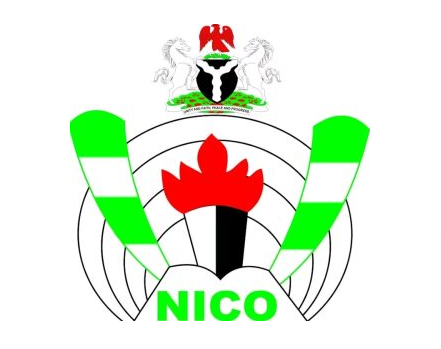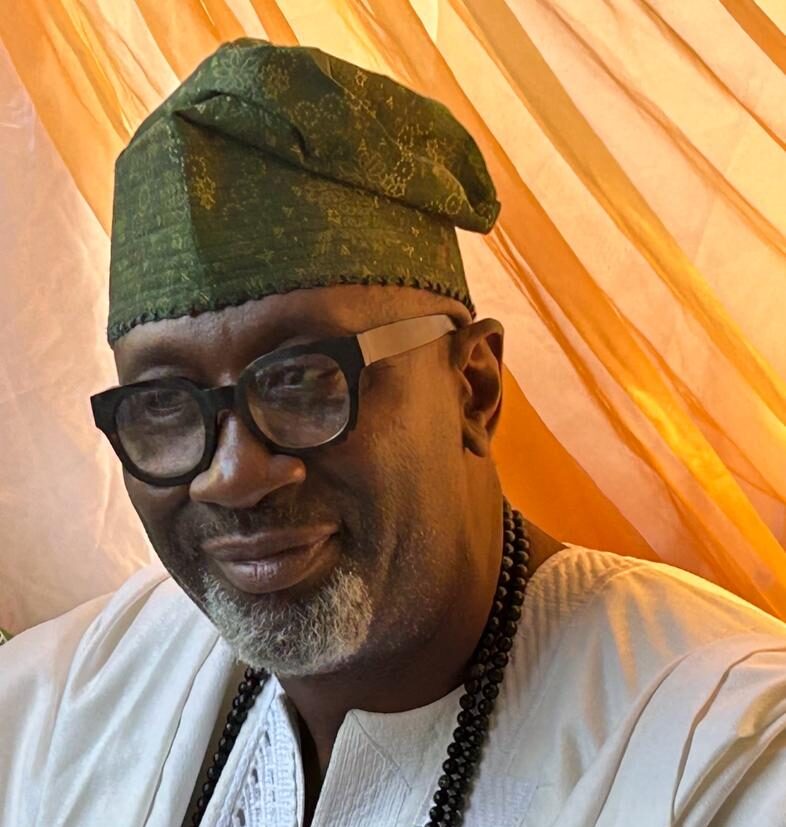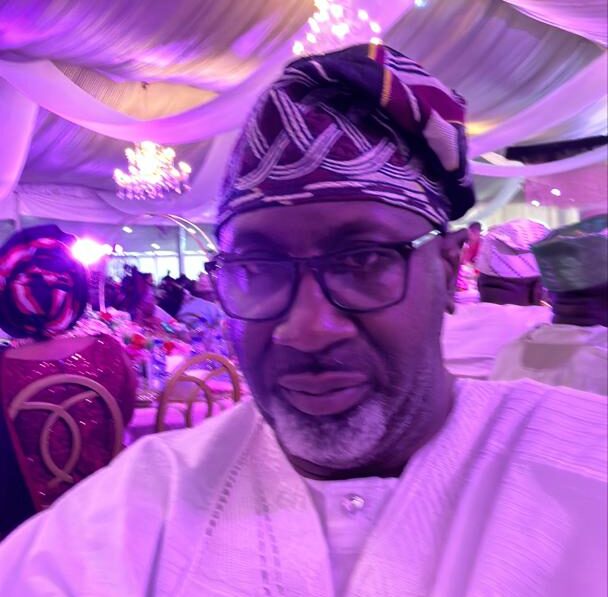Leaders must Speak responsibly. – Abayomi Odunowo.
Access Bank Plc, Citibank Nigeria Limited, Ecobank Nigeria Plc, Fidelity Bank Plc, First Bank of Nigeria Plc, First City Monument Bank Plc, Globus Bank Limited, Guaranty Trust Bank Plc, Heritage Banking Company Ltd., Key Stone Bank, Polaris Bank, Providus Bank, Stanbic IBTC Bank Ltd., Standard Chartered Bank Nigeria Ltd., Sterling Bank Plc, SunTrust Bank Nigeria Limited, Titan Trust Bank Ltd, Union Bank of Nigeria Plc, United Bank For Africa Plc, Unity Bank Plc, Wema Bank Plc, and Zenith Bank Plc are some of the leading commercial banks in Nigeria. They all play a crucial role in the country’s financial sector and contribute to its economic development.
Nigeria, Africa’s most populous nation, is home to a burgeoning financial sector dominated by 23 commercial banks, all headquartered in the country’s commercial hub of Lagos. Unity Bank PLC, one of the leading financial institutions in the nation, is among the prominent players in this competitive landscape.
With a robust and dynamic economy, Nigeria’s banking system has experienced significant growth and transformation in recent years. The 23 commercial banks operating in the country offer a wide range of financial products and services, including deposit accounts, loans, investment opportunities, and electronic banking solutions to meet the diverse needs of businesses and individuals alike.
As the financial nerve center of Nigeria, Lagos provides a strategic and conducive environment for these banks, enabling them to establish strong operational footholds and serve the needs of the country’s growing population. The concentration of commercial banks in Lagos also underscores the city’s significance as a pivotal economic powerhouse in the region.
The presence of these 23 commercial banks in Nigeria reflects the country’s commitment to fostering a competitive and innovative financial sector. Moreover, it underscores the opportunities and potentials that abound in Nigeria’s banking landscape and its ability to provide sound financial services to support the nation’s economic growth and development.
It is important to note that divisive statements based on ethnicity have no place in our society. The recent remarks by Senator Ali Ndume were not only irresponsible but also reckless and divisive. As a ranking Senator of Nigeria, it is imperative to speak more responsibly and avoid triggering ethnic tensions for personal gain or political posturing.
Divisive statements based on ethnicity have the potential to cause a great deal of harm in society. They can lead to an increase in hate crimes, discrimination, and violence. When leaders make such statements, it legitimizes and normalizes this behavior, and can have a ripple effect throughout society. It can also exacerbate existing tensions and create new ones, leading to a breakdown in social cohesion and harmony.
In a diverse society like Nigeria, where there are over 250 ethnic groups, it is particularly important to be mindful of the impact of divisive statements. Nigeria has a history of ethnic tensions and conflicts, and irresponsible remarks by leaders can ignite these tensions and lead to further unrest. It is the responsibility of leaders to promote unity and understanding among different ethnic groups, and to work towards creating a more inclusive and harmonious society.
Senator Ali Ndume, as a representative of the people, holds a position of power and influence. His words carry weight and have the potential to shape public opinion. Therefore, it is crucial that he speaks with responsibility and avoids making divisive remarks. It is important for leaders to lead by example, and to promote tolerance, understanding, and respect for all ethnic groups.
Having said that, moving certain functions to the Lagos office, which is larger than the Abuja head office, is an eminently sensible move. It is a strategic decision that can streamline operations, improve efficiency, and reduce costs. The Governor’s proposed plan to relocate the Financial System Stability (FSS) and most of the Operations to Lagos makes perfect sense. It allows the Deputy Governors to operate out of Lagos or to have the bulk of their operational staff in Lagos, while departments reporting directly to the Governor such as Economic policy, Corporate services, Strategy, Audit, and Risk management remain in Abuja.
It is essential for the CBN to analyze and communicate the strategic reasons behind the relocation of functions to prevent misrepresentation and arbitrariness. Empathy should also be applied when considering individual situations, such as allowing young mothers with children in school or those with medical conditions to stay in Abuja. Additionally, the CBN needs to prioritize focusing on the exchange rate and inflation to earn credibility and strengthen its mandate.
Ultimately, by delivering on its mandate, the CBN can gain credibility and push through necessary changes while ignoring unnecessary noise. It is crucial for the CBN to maintain control of its key mandate to silence critics and protect its operations.
As a seasoned policy advisor, I offer my full support to the Governor in his decision to go ahead with his policy, despite the potential backlash from politicians and interest groups. The Central Bank of Nigeria (CBN) must remain steadfast in its decisions and not yield to political pressure, as doing so sets a dangerous precedent that compromises the integrity and independence of the institution.
It is crucial for the Governor to recognize the importance of upholding the principles behind the policy, regardless of the noise and objections from certain factions. Politicians may attempt to sway the decision-making process by framing it as a regional issue, but it is essential to remind them that the CBN operates at a federal level and its decisions are based on merit and principle, not regional biases.
I am reminded of the resistance I faced when I was about to license Jaiz bank, with religious groups such as the Christian Association of Nigeria (CAN) expressing opposition on religious grounds. Despite the noise and the threat of legal action, I remained resolute in my decision and ultimately licensed the bank. The outcome? Nothing happened. It is important for the Governor to take a leaf out of my playbook and understand that the initial uproar often dissipates once the decision is made and implemented.
The reality is that ethnic and religious bigots will always find something to shout about. However, the CBN cannot afford to be swayed by these vocal minorities. It is imperative for the Governor to rise above the noise and stay committed to the policy that is in the best interest of the Nigerian economy and financial system. This may require a tough stance, but it is a necessary aspect of the job, especially when unpopular decisions have to be made for the greater good.
Furthermore, the CBN must not be deterred by the fear of controversy or criticism. It is inevitable that there will be opposition to any significant policy change, and the Governor must have the courage to push through despite the initial resistance. Over time, as the policy becomes normalized, the objections will fade away, and the benefits of the decision will become apparent.
One need only look at the example of non-interest banking to understand this phenomenon. Despite the initial uproar when Jaiz bank was licensed, subsequent governors, including a Christian one, have gone on to license more non-interest banks without any major controversy. This goes to show that perseverance and unwavering commitment to a principled decision can eventually lead to its acceptance and normalization.
In conclusion, the Governor must have the fortitude to weather the initial storm of opposition and see through the implementation of the policy. It is crucial for the CBN to remain firm in its decisions and not bend to political pressure, as doing so would compromise the institution’s credibility and independence. The Governor should take strength from past examples of standing firm in the face of opposition and recognize that, in the long run, principled decisions will prevail. This is the true hallmark of effective leadership and governance.
Otunba Abdulfalil Abayomi Odunowo.
National Chairman AATSG
25th January, 2024



